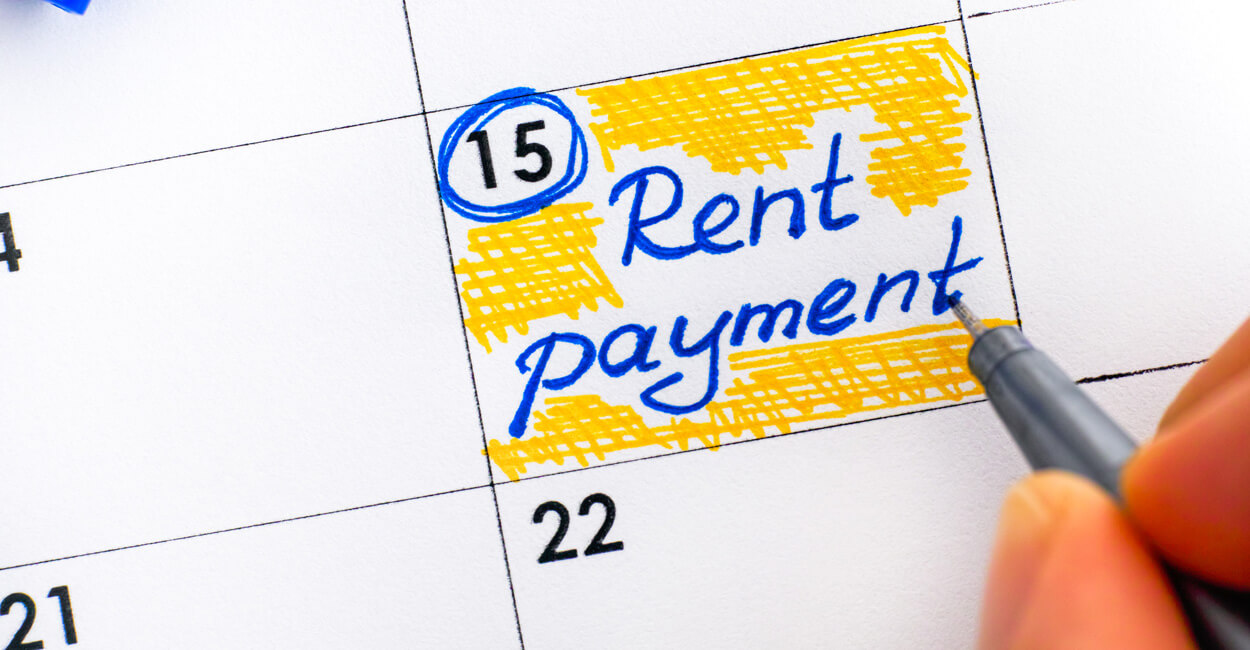A Guide for Our Let Only Landlord’s Rights When Tenants Stop Paying Rent

As a landlord, one of the most challenging aspects of renting a property is dealing with tenants who stop paying rent. At Rooms4u we offer a full management service, which means we take all the hassle of rent collections from yourselves. However, if you opted for a let only service, this blog will be useful to you. It can be a frustrating and time-consuming process to try and resolve the issue, especially if you’re not familiar with your legal rights as a landlord. In this article, we’ll guide you through the process of dealing with tenants who stop paying rent, including the legal steps you can take to protect your property and your rights.
Understanding Landlord Rights
As a landlord, it’s essential to understand your rights when it comes to tenants who stop paying rent. While laws vary by state, there are some general rights that apply to most landlords in the United States. These rights include:
The Right to Evict
If a tenant stops paying rent, you have the right to evict them from your property. To do so, you’ll need to follow your state’s eviction process, which typically involves giving the tenant notice, filing a lawsuit, and attending a court hearing. Once you receive a court order for eviction, you can work with local law enforcement to remove the tenant from your property.
The Right to Collect Unpaid Rent
You also have the right to collect unpaid rent from a tenant who stops paying. You can do so by filing a lawsuit against the tenant in small claims court or by working with a collections agency to recover the debt. Keep in mind that even if you win a lawsuit or collect the unpaid rent, you may still have trouble getting the tenant to pay.
The Right to Keep the Security Deposit
If a tenant stops paying rent and breaks their lease, you have the right to keep their security deposit to cover any unpaid rent or damages to the property. However, you’ll need to follow your state’s laws regarding security deposits and provide the tenant with a detailed breakdown of any deductions you make.
Steps to Take When Tenants Stop Paying Rent
If a tenant stops paying rent, there are several steps you can take to protect your property and your rights. Here’s what you should do:
Step 1: Review Your Lease Agreement
The first step is to review your lease agreement to see what it says about late rent payments and the consequences for not paying. Your lease agreement should outline the steps you can take if a tenant stops paying rent and provide you with a timeline for evicting the tenant.
Step 2: Communicate with Your Tenant
Next, you’ll need to communicate with your tenant to find out why they’ve stopped paying rent. It’s possible that they’re facing financial difficulties or have experienced a change in their circumstances. In some cases, you may be able to work out a payment plan or other arrangement to help the tenant catch up on their rent.
Step 3: Send a Demand Letter
If the tenant doesn’t respond to your attempts to communicate or refuses to pay rent, you’ll need to send a demand letter. This letter should outline the amount of unpaid rent and any late fees, and give the tenant a deadline to pay before you take legal action.
Step 4: File an Eviction Lawsuit
If the tenant still doesn’t pay rent or vacate the property, you’ll need to file an eviction lawsuit. This process involves filing a complaint with the court, attending a hearing, and obtaining a court order for eviction. You may also need to work with law enforcement to remove the tenant from your property.
Step 5: Collect Unpaid Rent
Finally, if you’re able to evict the tenant, you can work to collect any unpaid rent or damages through a lawsuit or collections agency.
Conclusion
Dealing with tenants who stop paying rent can be a stressful and frustrating experience. By understanding your legal rights and taking the appropriate steps, you can protect your investment and minimise your losses. Remember to always communicate with your tenant and consult with an attorney before taking legal action.
FAQs
Can I change the locks on my rental property if a tenant stops paying rent?
No, changing the locks on a rental property without proper notice and legal authority is illegal.
Can I turn off a tenant’s utilities if they stop paying rent?
No, turning off a tenant’s utilities is illegal and can result in fines or legal action against the landlord.